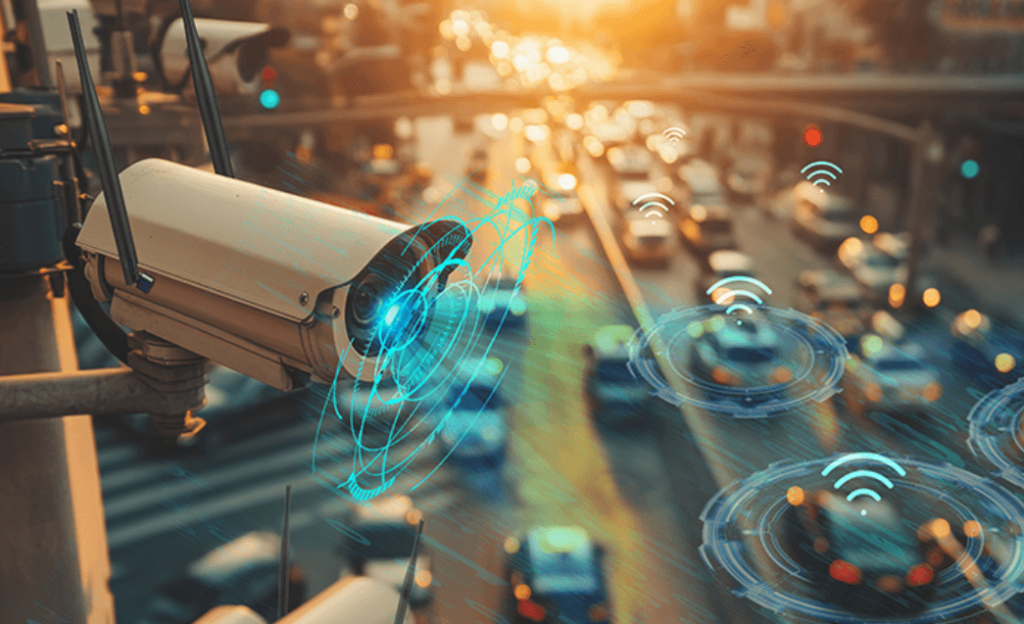Technology is significantly influencing the future of mobility through various innovations. The emergence of electric vehicles and advancements in autonomous transportation play crucial roles. Additionally, the integration of smart cities and enhanced infrastructure supports these developments. Meanwhile, artificial intelligence is optimizing traffic and public transit systems. Together, these elements are reshaping urban mobility. However, the full implications of these changes remain to be explored. What challenges and opportunities lie ahead?
The Rise of Electric Vehicles
As the global demand for sustainable transportation solutions intensifies, the rise of electric vehicles (EVs) emerges as a pivotal response to environmental concerns and technological advancements.
Key to this evolution are expanding charging networks and significant battery innovations, which enhance the practicality and appeal of EVs.
These developments not only promote eco-friendly mobility but also empower consumers with greater freedom in their transportation choices.
See also: How Technology Is Shaping the Future of Communication
Advancements in Autonomous Transportation
While the transition to electric vehicles addresses environmental concerns, advancements in autonomous transportation are set to revolutionize the mobility landscape further.
Enhanced sensor technology enables vehicles to navigate complex environments with unprecedented safety and efficiency.
However, regulatory challenges remain, as lawmakers grapple with the implications of autonomous systems.
These innovations promise greater freedom in mobility, reshaping how individuals interact with transportation.
Smart Cities and Infrastructure Integration
The integration of smart city initiatives with advanced transportation systems is pivotal for creating efficient urban environments.
By incorporating smart traffic management solutions into urban planning, cities can optimize traffic flow, reduce congestion, and enhance public safety.
This synergy fosters a seamless mobility experience, empowering citizens with greater freedom of movement while supporting sustainable growth and improved quality of life in urban areas.
The Role of Artificial Intelligence in Mobility Solutions
Artificial intelligence (AI) plays a transformative role in enhancing mobility solutions, enabling cities to address complex transportation challenges with greater efficiency and effectiveness.
By leveraging AI algorithms and predictive analytics, urban planners can optimize traffic flow, reduce congestion, and improve public transit systems.
This data-driven approach fosters a more adaptive and responsive transportation network, ultimately promoting freedom of movement for all citizens.
Conclusion
In conclusion, the future of mobility is being reshaped by the convergence of electric vehicles, autonomous systems, and smart city initiatives, underscoring the adage, “Necessity is the mother of invention.” As society demands sustainable and efficient transportation solutions, technological advancements will continue to enhance urban mobility. The integration of artificial intelligence and innovative infrastructure will not only address current challenges but also pave the way for a more connected and eco-friendly transportation ecosystem.




